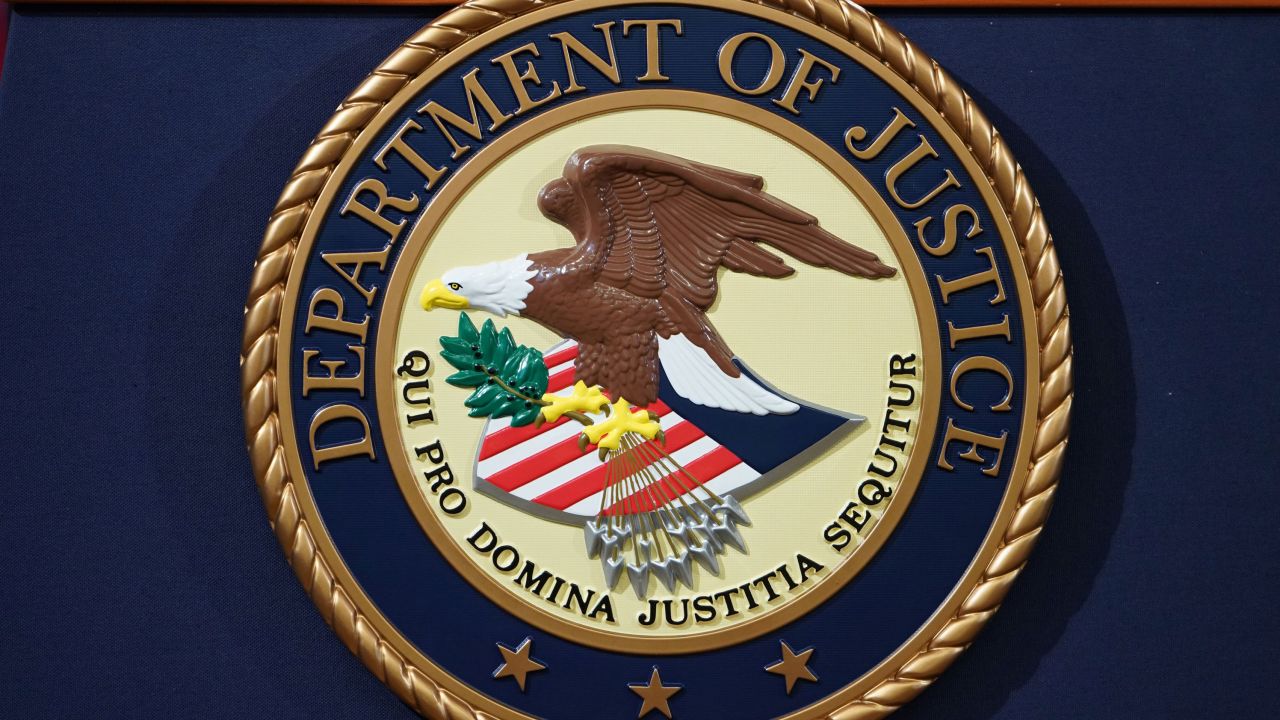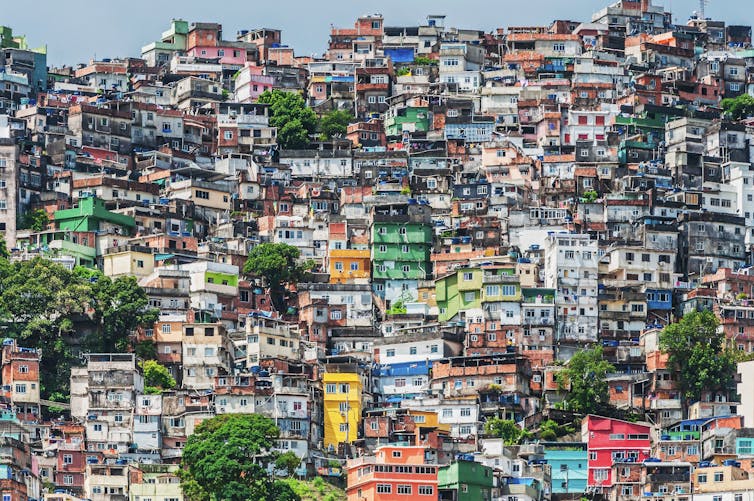By Kara Scannell, CNN
Fri June 9, 2023

CNN —
Federal prosecutors are investigating conservative-backed efforts in Wyoming to infiltrate the Democratic National Committee ahead of the 2020 election, according to people familiar with the matter.
Prosecutors have subpoenaed Richard Seddon, a former British intelligence official, and Susan Gore, a Republican donor and heiress to the Gore-Tex fortune, as part of the investigation, the people said.
The investigation appears to stem from a 2021 New York Times article that, citing interviews and documents, detailed “an undercover operation by conservatives to infiltrate progressive groups, political campaigns, and the offices of Democratic as well as moderate Republican elected officials during the 2020 election cycle.”
One of the subpoenas, which was sent in the past two weeks, seeks documents and communications from January 2018 through the present involving numerous limited liability companies and individuals, including Gore; Seddon; Erik Prince, the security contractor and brother to former Education Secretary Betsy DeVos; and James O’Keefe, the former head of Project Veritas.
The people familiar with the investigation said prosecutors are looking into whether any campaign finance laws were violated. No one has been accused of any wrongdoing.
The investigation is being handled by the public corruption unit of the US attorney’s office in Washington, DC. A spokeswoman for the office said that it does not confirm or deny investigations.
Gore recently retained Nicholas Gravante Jr., a New York defense attorney who previously represented Allen Weisselberg, the former chief financial officer of the Trump Organization. Weisselberg cut a deal with prosecutors and testified at the tax fraud trial of the Trump Organization entities resulting in their conviction.
Gravante confirmed he represents Gore and declined further comment.
Seddon has retained Robert Driscoll, a well-connected Washington, DC, attorney who has represented numerous high-profile clients. Driscoll declined to comment.
Matthew Schwartz, a lawyer for Prince, said, “As far as we know, there are no federal criminal investigations involving my client whatsoever.”
An attorney for Project Veritas and O’Keefe referred CNN to the company. Project Veritas and O’Keefe could not immediately be reached.
According to the Times, Seddon, working with Prince, secured funding from Gore by the end of 2018 to train activists to infiltrate political groups. Seddon, according to the Times, recruited former operatives from Project Veritas, where he previously worked.
The Times reported that two operatives trained by Seddon pledged sizable political donations ranging from $1,250 to $10,000 to Democratic organizations and candidates. Some of the donations gained the operatives, a couple, entry to fundraisers and even a Democratic primary debate in Las Vegas.
It is not clear where the couple got the money to make the donations. It is illegal to use another person’s name to make political donations and prosecutors have brought numerous so-called straw donor prosecutions in recent years.
One of the subpoenas also seeks any communications involving the couple as well as the individuals and organizations that received the donations, a source said.












